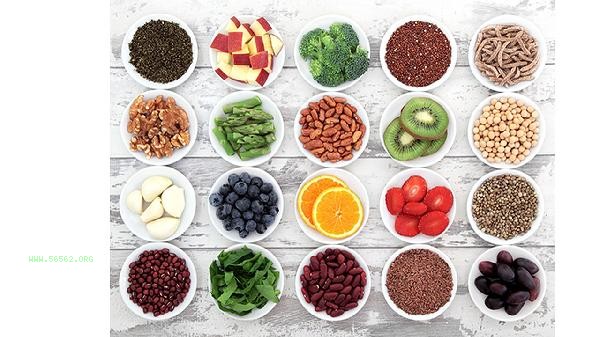Rotten fruits may cause gastrointestinal discomfort or food poisoning after consumption, depending on the degree of decay and the type of pathogen. Mild mold growth may only cause abdominal pain and diarrhea, while severe mold growth may lead to vomiting, fever, and even liver and kidney damage. Harmful substances such as aflatoxins and penicillin commonly found in rotten fruits are difficult to completely remove through heating. The spoilage process of rotten fruits is accompanied by the proliferation of microorganisms, producing various toxic metabolites. Taking moldy apples as an example, even if the rotten part is removed, the surrounding flesh may still be infiltrated by mycotoxins. Aflatoxin is heat-resistant and highly carcinogenic, and long-term ingestion in small amounts may increase the risk of liver cancer. Penicillin can damage the nervous system, and acute poisoning manifests as dizziness and convulsions. After fruit rots, a large amount of nutrients such as vitamin C have been lost, and their edible value is extremely low. Some fruits with slight mechanical damage can still be safely consumed in the short term, but the damaged area and surrounding tissues need to be completely removed. Berries such as blueberries and strawberries stored at low temperatures may have local mold growth, while other fruits that have not been exposed to mold spots have a lower risk after thorough cleaning. When the banana peel turns black but the flesh is intact, it is usually considered a post ripening phenomenon rather than spoilage, but it should be consumed as soon as possible. Any fruit with obvious odor, mucus or abnormal color should be discarded.

When choosing fruits in daily life, one should avoid hoarding them in large quantities at once and prioritize consuming varieties with fragile and perishable skins. When storing, pay attention to sorting and storing. Fruits such as bananas and apples that release ethylene will accelerate the ripening of surrounding fruits. It is recommended to handle fruits that have been slightly bumped on the same day and use them for making fruit sauce or baking. Before consumption, it is necessary to thoroughly clean and remove any suspicious parts. Children, elderly, and immunocompromised individuals should avoid contact with any spoiled food. If symptoms such as persistent abdominal pain and vomiting occur, seek medical attention in a timely manner and keep remaining food samples for pathogen detection.










Comments (0)
Leave a Comment
No comments yet
Be the first to share your thoughts!